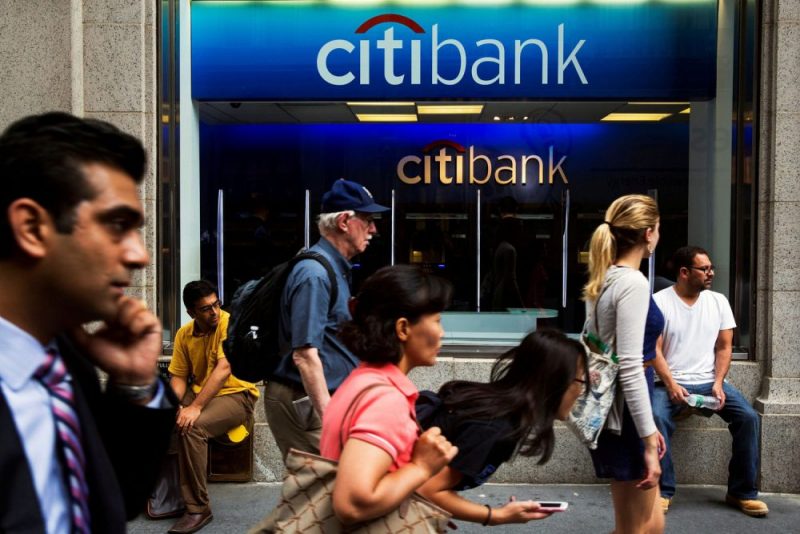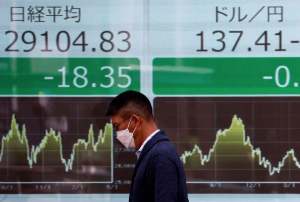(ATF) US financial giant Citigroup announced on Thursday it would exit consumer markets in China, India and 11 other mostly Asian markets as it reported a sharp rise in global earnings.
Jane Fraser, the lender’s chief executive, said it would abandon markets where “we don’t have the scale we need to compete”.
Fraser, who took the top job in March, described the pivot as part of an effort to “double down” on wealth management, where the growth opportunities are better.
Citigroup will focus its Asian consumer banking business on Singapore and Hong Kong, she said, adding that the UK and the United Arab Emirates would be the other global hubs.
Citigroup’s global consumer banking business at the end of 2020 had $6.5 billion in revenues and $123.9 billion in deposits. The bank has about 200 branches in Asia.
However, they would not close immediately, Fraser said.
BETTER THAN EXPECTED
Citigroup has continued to upgrade its Hong Kong operations, recently installing a multimillion dollar hybrid electrical and thermal renewable energy system on the rooftop of Citi Tower in Kowloon East.
The bank will close its operations in Australia, Bangladesh, China, India, Indonesia, South Korea, Malaysia, Philippines, New Zealand, Sri Lanka, Taiwan, Thailand and Vietnam, leaving just Hong Kong, Macau and Singapore. The lender has 17 million direct consumer clients in the region.
Analysts largely welcomed the move. “These sub-scale markets drag [down] profitability,” Prakhar Sharma, an equity analyst at Jefferies in Mumbai, said.
Citigroup’s struggling Asian consumer business was more than offset by a good performance in its investment banking and trading businesses, as well as the release of $3.9 billion in reserves set aside for bad loans.
“It’s been a better-than-expected start to the year, and we are optimistic about the macro environment,” Fraser said.
PROFITS TRIPLED
Citigroup reported first-quarter profits of $7.9 billion, more than three times the level in the year-ago period. Revenues fell 7% to $19.3 billion.
With coronavirus vaccines and significant US fiscal stimulus spending boosting the outlook, major banks no longer expect huge loan defaults due to Covid-19.
Separately, Citigroup urged a US federal judge to extend a freeze on $504 million of its own money that it mistakenly sent a group of Revlon lenders.
The bank is trying to overturn the effects of a back-office blunder. The bank, which was Revlon’s loan agent, had intended in August 2020 to make a small interest payment, but instead paid off the cosmetics company’s $894 million loan from its own pocket. It has recouped only about $390 million.
With reporting by Agence France-Presse and Reuters
























